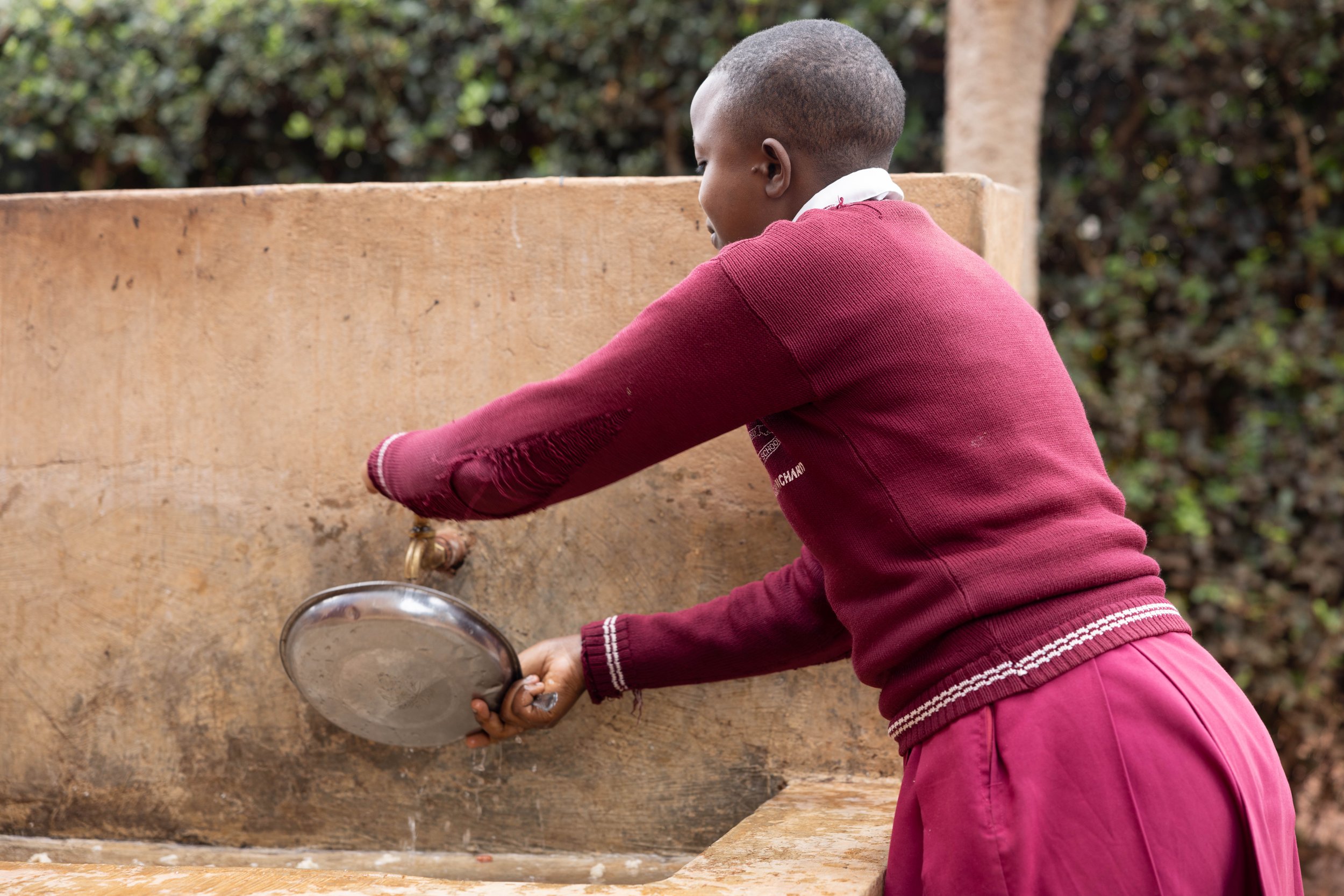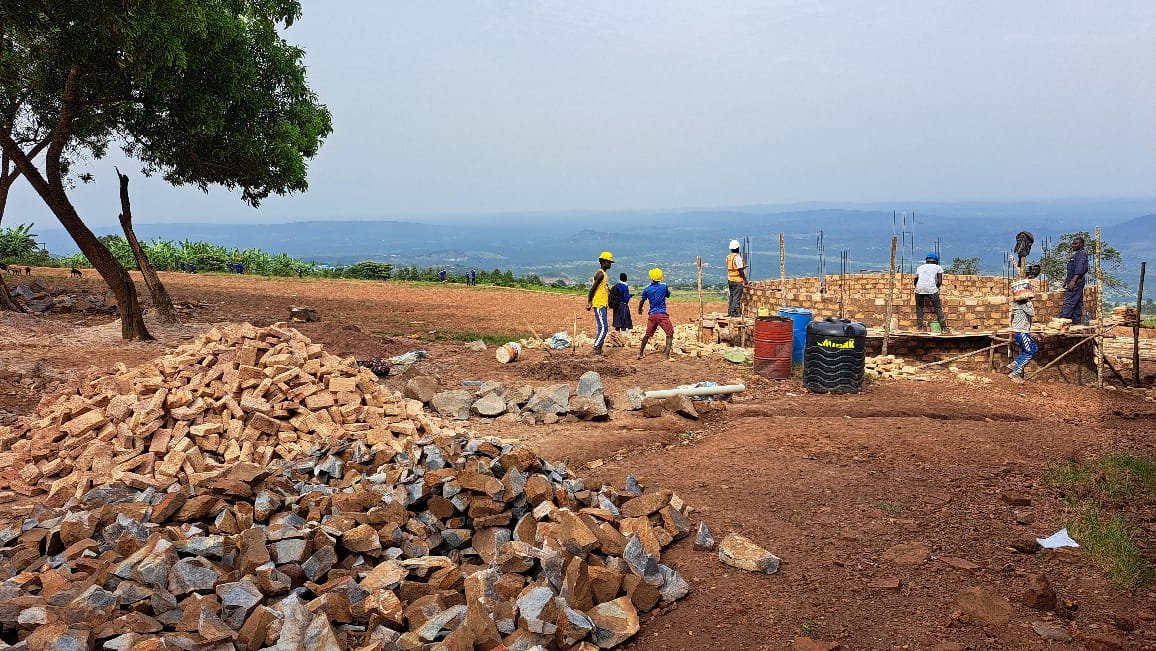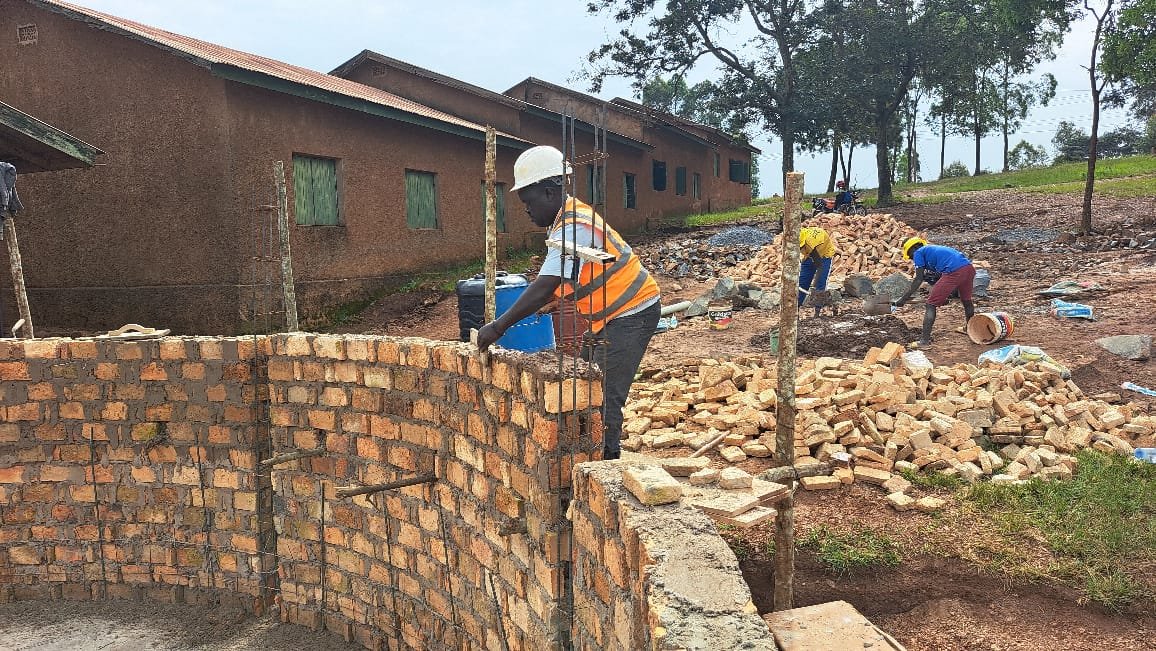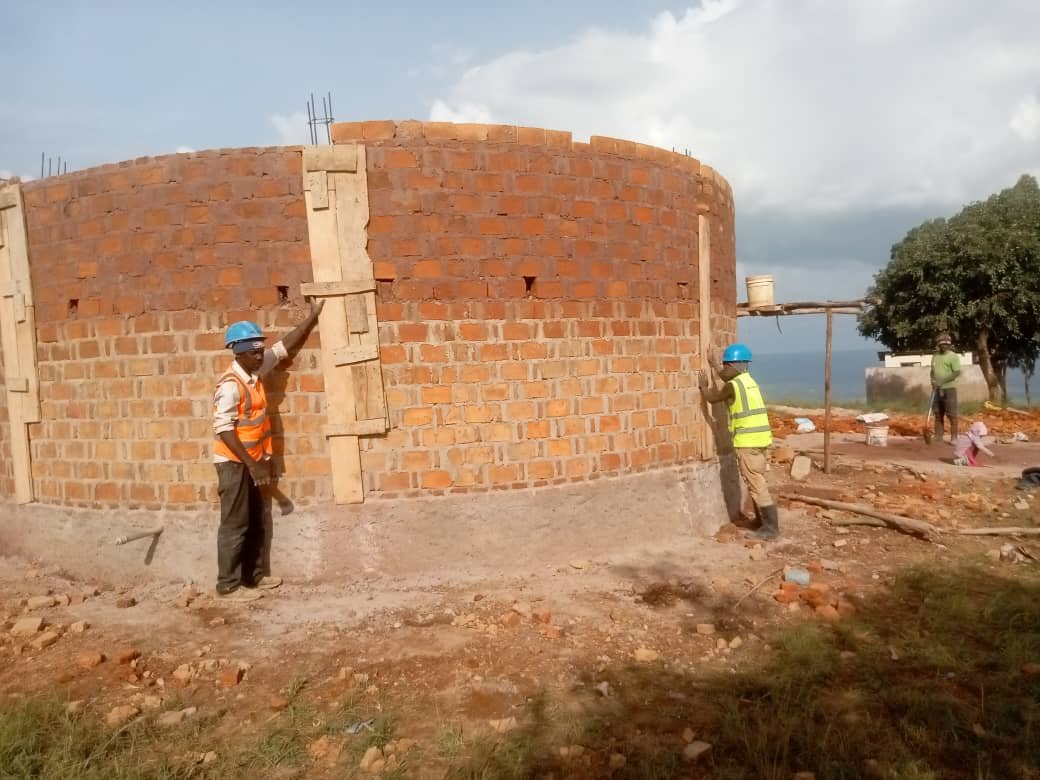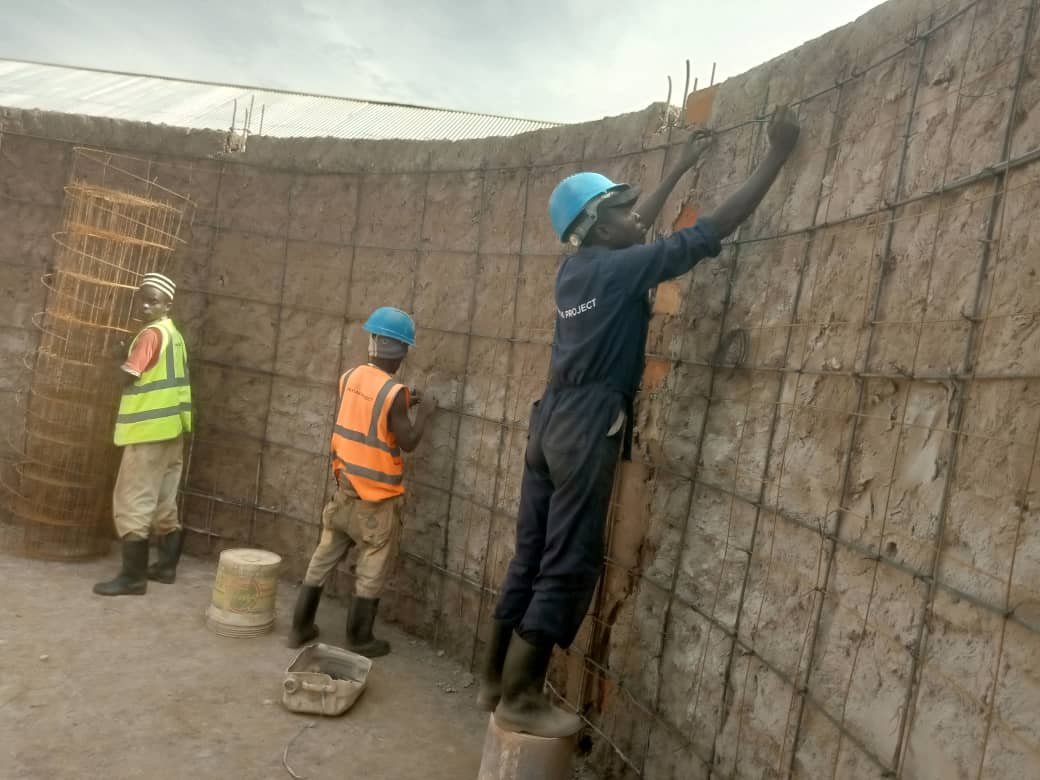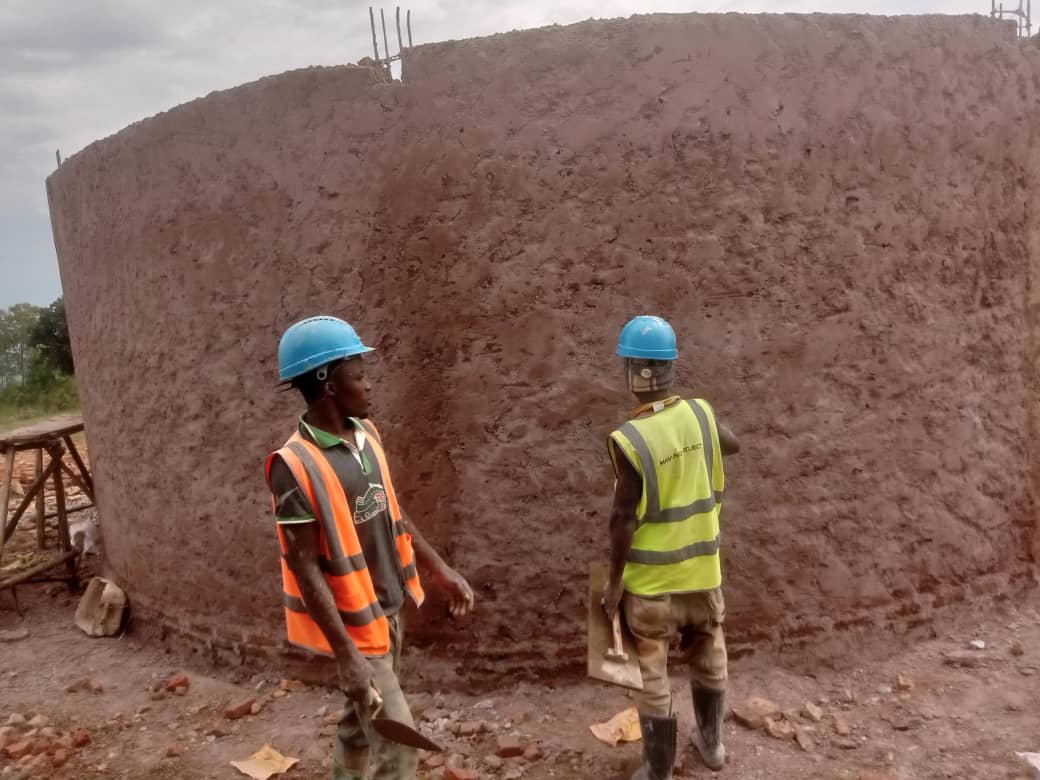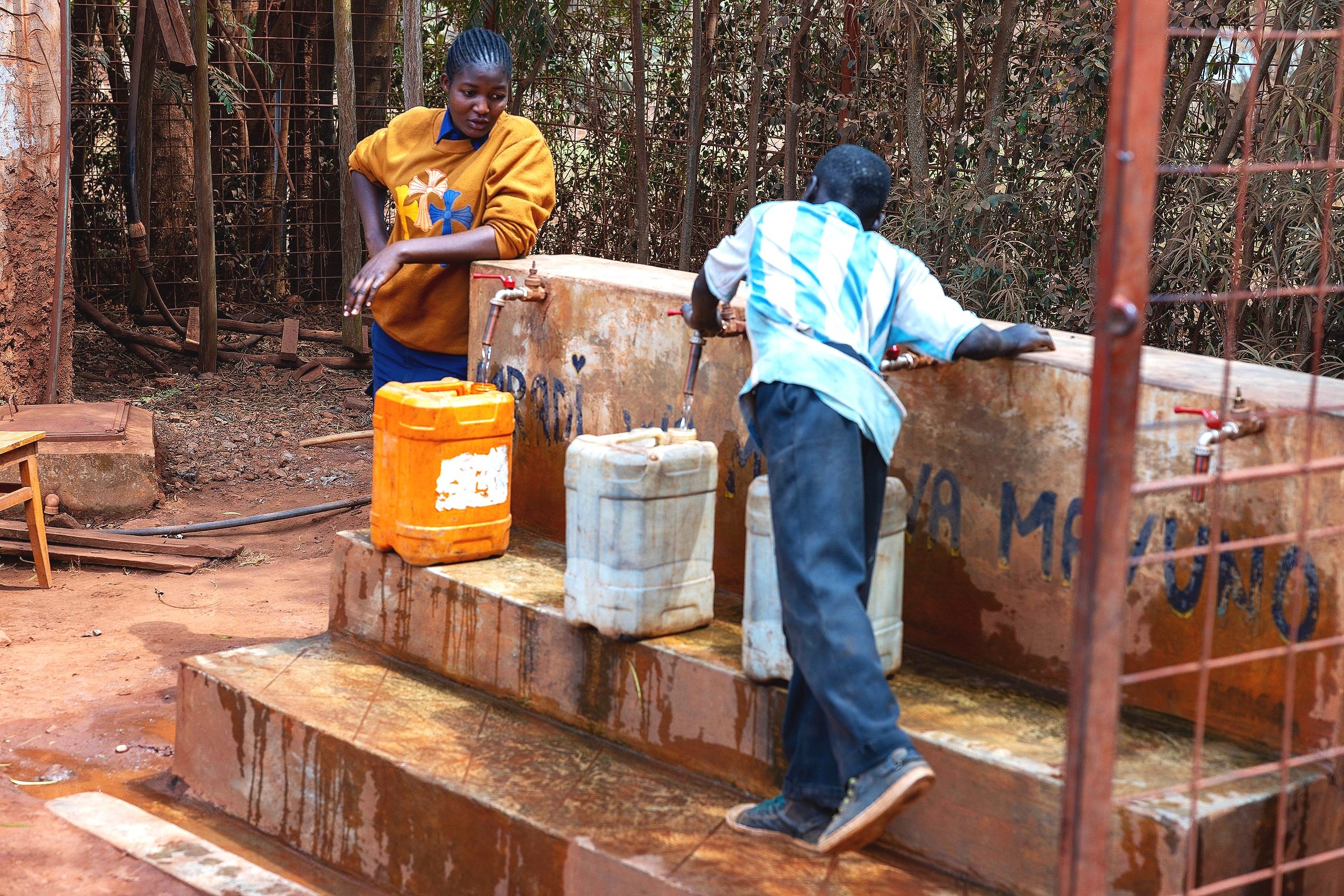Engineers Without Borders Sweden Partners with IT for Children to Empower Digital Education in Ghana
/In an exciting development for global digital education, Engineers Without Borders Sweden (EWB-SWE) has announced a forthcoming collaboration with IT for Children, a non-profit organization based in Sweden with extensive operations in Ghana, West Africa. This partnership aims to leverage the expertise of Swedish engineers to foster digital literacy and skills among young students and teachers in Ghana.
A Synergy of Expertise and Compassion
EWB-SWE is renowned for its commitment to harnessing engineering skills for the greater good, particularly in areas that benefit underprivileged communities around the world. The organization's digitalization group stands at the forefront of this initiative, offering a wealth of knowledge and experience in cutting-edge technologies. IT for Children, on the other hand, has been instrumental in providing high-quality, free IT education to thousands of Ghanaian children and youth daily. Their mission is rooted in the belief that information and communications technology (ICT) is pivotal for the robust and sustainable development of a nation.
Volunteering Opportunities for Graduate Engineers
The collaboration presents a unique opportunity for graduate engineers eager to make a difference. Volunteers will mentor and teach IT for Children’s teachers in Ghana, covering vital areas such as web development, robotics, and 2D/3D animations. These sessions will be conducted remotely, allowing volunteers to contribute from anywhere, breaking geographical barriers and opening up a realm of possibilities for digital education.
A Shared Vision for the Future
“We at IT for Children are very excited to enter this partnership with Engineers without Borders. We are in constant need of engineering expertise in our operations in Ghana. I know that there are so many engaged and skilled engineers out there who have so much to offer. We are very grateful if some of these engineers will offer their time and knowledge to our students and teachers in Ghana,” expressed Torsten Kjellgren, Founder & CEO of IT for Children.
About IT for Children
IT for Children operates with a vision that echoes the transformative power of ICT in education. Situated in Ghana, they strive to equip the next generation with the tools and knowledge necessary to contribute to their country's development. Their work underscores the importance of accessible, quality education as a cornerstone for progress.
Join the Movement
– This partnership between EWB-SWE and IT for Children marks a significant step towards bridging the digital divide and empowering young minds in Ghana with the skills needed for the future. We would like to encourage engineers who wish to volunteer and be part of this cause to get in touch. Your expertise can make a real difference, said Caroline Edelstam, Secretary-General of EWB-SWE.
Both organisations look forward to this collaboration, and believe that the combined efforts of Engineers Without Borders Sweden and IT for Children will pave the way for a brighter, more connected world.




